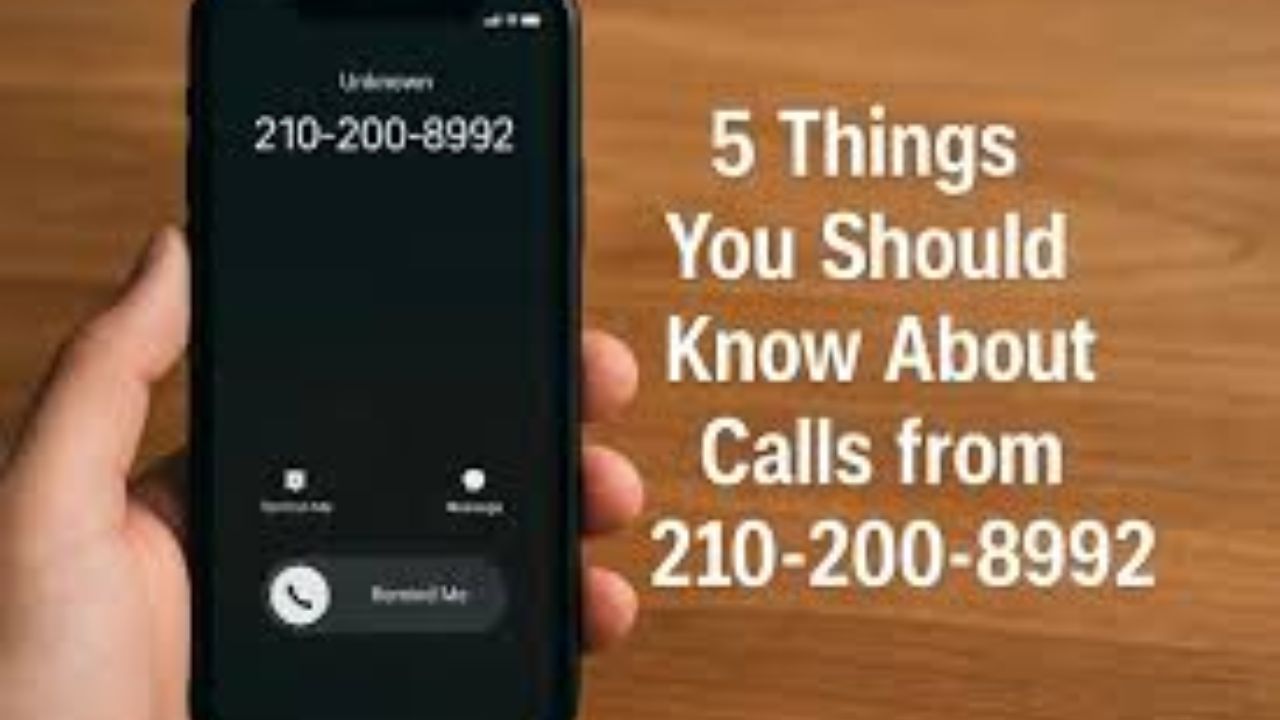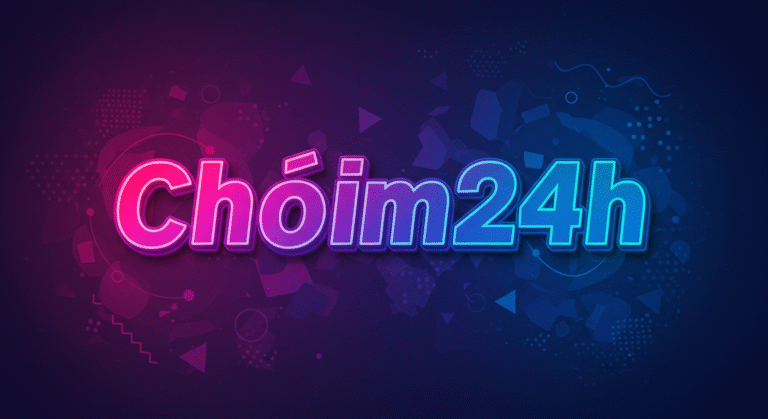
210-200-8992
Introduction What You Should Know About 210-200-8992
Have you recently received a call from 210-200-8992 and wondered whether it’s safe to answer or ignore? This guide is for anyone curious or concerned about this number. You might be asking: “Who’s behind that call?” “Is it a telemarketer, a scammer, or someone I should care about?” In today’s world, unexpected calls can stem from legitimate sources—or be part of malicious scams. This article unveils the latest information on 210-200-8992, equipping you with smart, proactive approaches to handle it safely and confidently.
Understanding the Origin of 210-200-8992
The number 210-200-8992 utilizes the 210 area code, which covers San Antonio, Texas, and its surrounding areas. While traditional phone numbers often indicate geographic origins, modern technologies like VoIP make numbers easy to spoof, meaning the caller might not actually be based in Texas. Recognizing this ensures you don’t rely solely on the phone’s display when deciding whether to answer.
Common Scenarios Involving 210-200-8992
1. No-response or Silent Calls
Many who answer say they hear silence, background noise, or no voice at all. This tactic tests whether the line is active and may lead to targeted future calls.
2. Robocalls or Recorded Messages
Some receive automated messages pushing promotional content, surveys, or fake admin notices.
3. Impersonation Attempts
Reports indicate callers pretending to be from banks, government agencies, or other trusted institutions asking for verification or payment.
4. Persistent Call-Back Requests
Some ask recipients to call back or send text messages, often implying urgency or consequences.
Signs That 210-200-8992 Could Be Suspicious
Here are telltale red flags to watch out for:
-
Immediate pressure — Urgency like “Your account will be closed unless…” indicates manipulation.
-
Requests for personal details — Real institutions don’t ask for SSNs, credit card data, PINs, or bank details over the phone.
-
Automatic voice — Repetition and robotic tone are typical of mass marketing or scams.
-
Caller refuses identification — Legit callers identify themselves by name, organization, and reason for calling.
If any of these occur during a call from 210-200-8992, it strongly suggests caution is warranted.
Steps You Should Take After Receiving a Call from 210-200-8992
-
Let It Go to Voicemail First
Avoid answering unfamiliar numbers immediately—listen to the message before responding. -
Document the Interaction
Note the time, date, and content of the call if any message was left. -
Block the Number
Your smartphone likely has a block feature—use it to prevent future disturbances. -
Try Reverse-Number Lookup
Free and paid services can help identify the source or reveal community comments. -
Report to Authorities
File a complaint with the FCC or FTC in the U.S., or your local consumer protection agency elsewhere. -
Warn Social Circles
Sharing your experience helps others stay alert to this number and similar scams.
Why You’re Likely Getting Calls from 210-200-8992
Scammers and aggressive telemarketers often buy or generate random phone lists, then cycle through them. When you answer, your number is targeted more heavily in the future. Alternately, some businesses might use such a number legally for outreach, such as survey firms or debt collectors.
Legitimate Scenarios for Receiving a Call from 210-200-8992
-
Known contacts ties to San Antonio — Friends, relatives, or professionals in that region could use this number.
-
Opted-in services — If you subscribed to tech support, shipping updates, or fundraising calls, it might be genuine.
-
Small local businesses — Contractors, clinics, or real estate agents sometimes use local numbers to connect with nearby customers.
What to Do if You Think It Might Be Legitimate
-
Answer politely but stay cautious — If they claim affiliation, ask for details and verify via independent sources.
-
Request callback info — Ask for their name, organization, and an official contact number instead of responding immediately.
-
Look them up online — Search the phone number, official business name, and location to check recent reviews or warnings.
Immediate Actions if You Believe You’ve Been Targeted
-
Change affected passwords — Update banking, email, and social media passwords.
-
Notify your bank or credit provider — Especially if you shared any financial details.
-
Enable two-factor authentication — Adds a stronger layer of security to your accounts.
-
File a fraud alert — Contact credit bureaus to stop unauthorized accounts being opened in your name.
Tips to Proactively Avoid Future Calls
-
Use built-in spam filters — Both iOS and Android offer features to filter suspected spam calls.
-
Install trusted call-blocking apps — Options like Truecaller or Hiya can identify and automatically reject robocalls.
-
Register on Do Not Call lists — In the U.S., visit donotcall.gov to join the official list.
-
Never share personal info on unverified calls — Keep your details on shout-down mode for safety.
Frequently Asked Questions (FAQ)
Is 210-200-8992 definitely a scam?
Not always—but high volumes of suspicious reports suggest a need for extra vigilance.
Could answering help clarify if it’s important?
Yes—but remain on guard. Note the caller’s tone, what they ask, and avoid sharing details.
Can I block the number permanently?
Yes. Most phones allow you to block specific numbers. Use that if you suspect foul play.
Who should I contact if I receive fraudulent calls?
In the U.S., the FCC and FTC collect reports. Canadians can reach out to the Canadian Anti‑Fraud Centre.
Final Thoughts on 210-200-8992
In a world where phone numbers can be masked and fraudsters roam freely, calls from 210-200-8992 are cause for scrutiny—not fear. While some may be innocent or even legitimate, many raise red flags. By staying informed, applying safe practices, and taking decisive actions, you can avoid falling prey to scams or annoying telemarketing. Knowledge, vigilance, and proactivity are your best defense.







